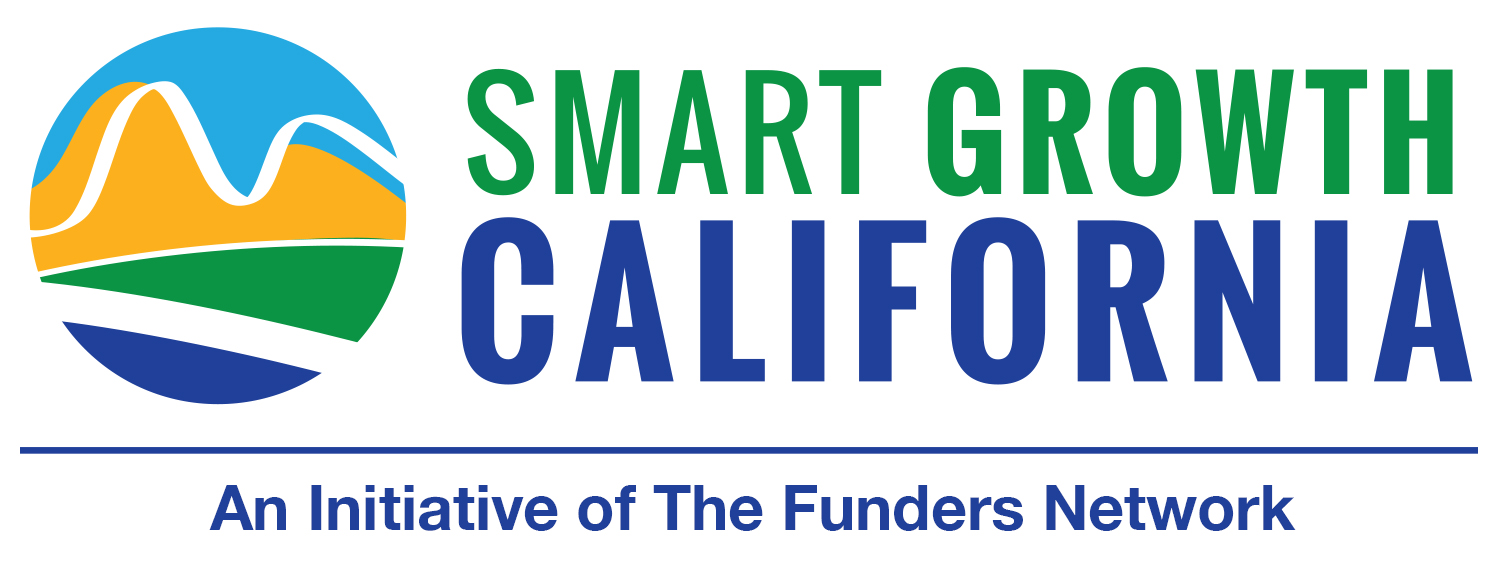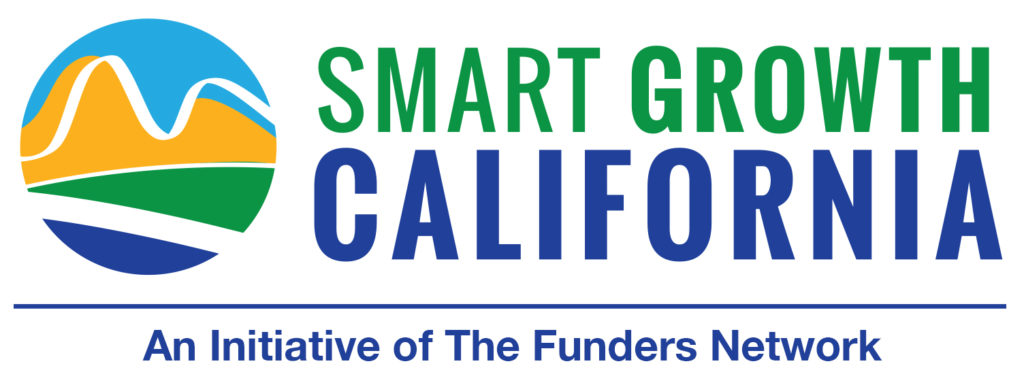Dates/Time
April 15, 2020
11:00 am-12:00 pm
Economic democracy is a framework in which people share ownership over the assets and resources in their communities and govern and steward them democratically for a shared purpose. It’s not just about more participation; it’s about sharing power.
We are in a critical moment of economic unrest that opens the opportunity to advance strategies that build shared ownership and democratic collective governance. Over the past several decades, cooperative economic strategies have been making significant strides towards advancing equitable economic development. Work in Spain, Italy and Japan are all informing work happening in the US. These models create the infrastructure that will catalyze regional economic transformation.
Join this learning network webinar to deepen our analysis of economic democracy and learn from existing models that embody shared ownership principles. This discussion will also highlight how cooperative networks could weather the economic storm that comes with the current COVID-19 crisis very differently than traditional economies. We’ll have an opportunity to hear from organizational representatives of the Bronx Cooperative Development Initiative, which is building economic democracy at a regional scale in NYC.
Speakers:
Sandra Lobo, vice president of the Bronx Cooperative Development Initiative and executive director of the Northwest Bronx Community & Clergy Coalition, a 42-year-old grassroots, member-led community organization that unites diverse people and institutions to work for racial and economic justice.
Evan Casper-Futterman, program director of the Economic Democracy Learning Center for the Bronx Cooperative Development Initiative.
Moderator:
Diane Ives, fund advisor the People Place and Planet Program at the Kendeda Fund.
Please register for this funder-only webinar by April 10 to receive log-in details.
This webinar is part of an ongoing learning series built around the theme “Bridge the Divide,” which lifts up philanthropy’s unique potential to bridge differences, foster connections and build partnerships — and address urgent issues such as climate change, economic disparity and racial injustice.

